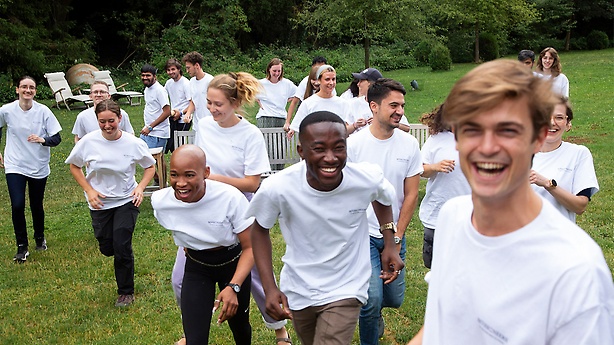Similar to mica, the company is also proceeding with cobalt. In addition to the measures, such as checks through audits in its own supply chains, the company launched a social project against child labor in the Democratic Republic of Congo back in 2019 with the aid organization Bon Pasteur. The aim is to improve the living conditions of the people in the Kolwezi mining region. The project has got off to a successful start and has reached important milestones after just over a year.
"A central component of the project with Bon Pasteur is to give the children in Kolwezi the chance of education and thus a perspective for the future. Thanks to the cooperation with Bon Pasteur in the Congo, more than 300 children have been able to attend school in the last twelve months," says Renata Jungo Brüngger. More than 50 of them had previously worked in mines. In addition to schooling, the children receive health care.
Another focus is on the creation of alternative livelihoods, especially for women, for example through the development of sustainable agriculture. More than 50 women received training in agricultural technology. In the first year of the project, more than two tons of harvest have already been harvested, which is an important source of food and income for the families and thus an alternative to working in the mines. Additional milestones in the past year have included educational counselling for parents, education on children's rights and training in conflict management to resolve disputes in the local community peacefully.
,xPosition=0,yPosition=0.5)


,xPosition=0.5,yPosition=0)
,xPosition=0.5,yPosition=0)